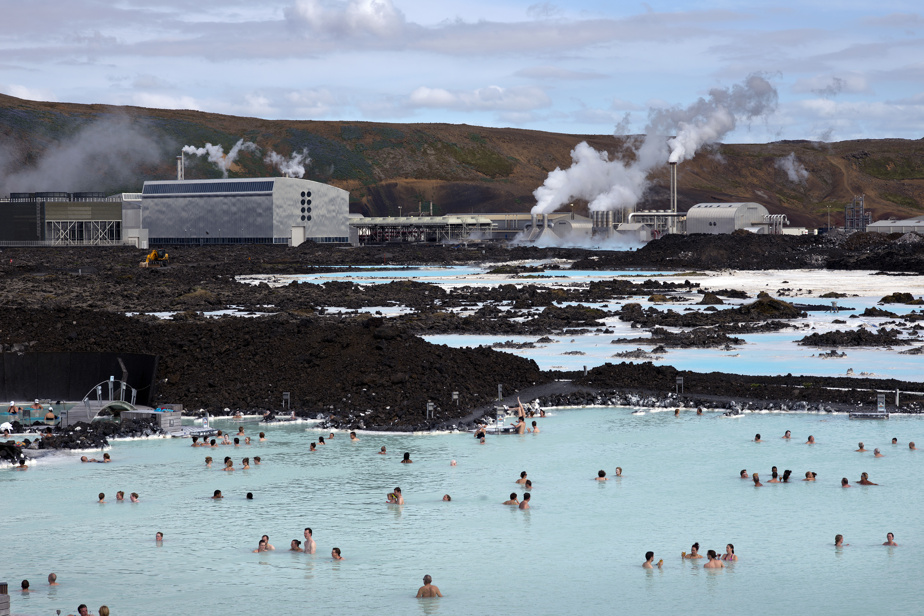Aluminum smelters, data centers galore, cryptocurrency miners and a shortage of electricity. Is this Quebec? No, this is Iceland, where what is happening now is very similar to what is happening here.
Like Quebec, Iceland is blessed by the gods with an abundance of green energy. The entire heating and electricity needs of the inhabitants of the Nordic island are met by geothermal energy and hydroelectricity. At a very low cost.
This is what attracted aluminum producers, always on the lookout for energy bargains. Iceland has 370,000 inhabitants and three large aluminum smelters. American producers Alcoa and Century have settled there, as has Rio Tinto, which has operated a factory there since 1969. The country produces 750,000 tonnes of aluminum per year, as 100% green as that manufactured in Quebec.
Cryptocurrency miners and data centers have also headed to Reykjavik, to take advantage of cheap energy and the fact that Iceland’s cool climate makes server cooling unnecessary, further reducing the cost of this type of activity.
In just a few years, Iceland has become the world capital of bitcoin and other cryptocurrencies, according to the specialist site Hashrateindex.com.
“Time and again, Landsvirkjun has warned of the possibility of a situation that we now face,” its president wrote in a letter to his clients. The electricity system is operating at full capacity, and there is a predictable shortage of electricity when demand is not met to support the average growth of industries in Iceland. »
What was unthinkable for the Icelanders happened. Iceland ran out of electricity and had to ration factories and use oil and coal to heat homes.
In Iceland, as elsewhere in the world, the energy transition is pushing the demand for electricity upwards and increasing the needs for other uses, such as transport.
Investments in increasing electricity production are planned, but the energy balance remains tight, according to the president of the national company.
He dared to ask the crucial question: who will benefit from the increase in electricity production? The government must decide whether it is necessary to close the most energy-intensive factories in order to meet the population’s demand for electricity for the next 15 years.
In 2020, Rio Tinto threatened to close its factory if it did not obtain cheaper electricity rates. The company ended up reaching an agreement to its satisfaction in 2021.
Aluminum smelters weigh heavily on the economy. But the other important asset of the Nordic island is its still pristine nature and its breathtaking landscapes, which attract tourists from all over the world.
The tourism industry accounted for almost 8% of Iceland’s gross domestic product in 2022. Increasing energy infrastructure, even renewable and green ones, rarely improves landscapes.
The abundance of renewable energy resources has been a blessing for Iceland, whose small fishing-driven economy has flourished. Its energy heritage is now more coveted than ever, and the government must now share it, as is the case in Quebec.
